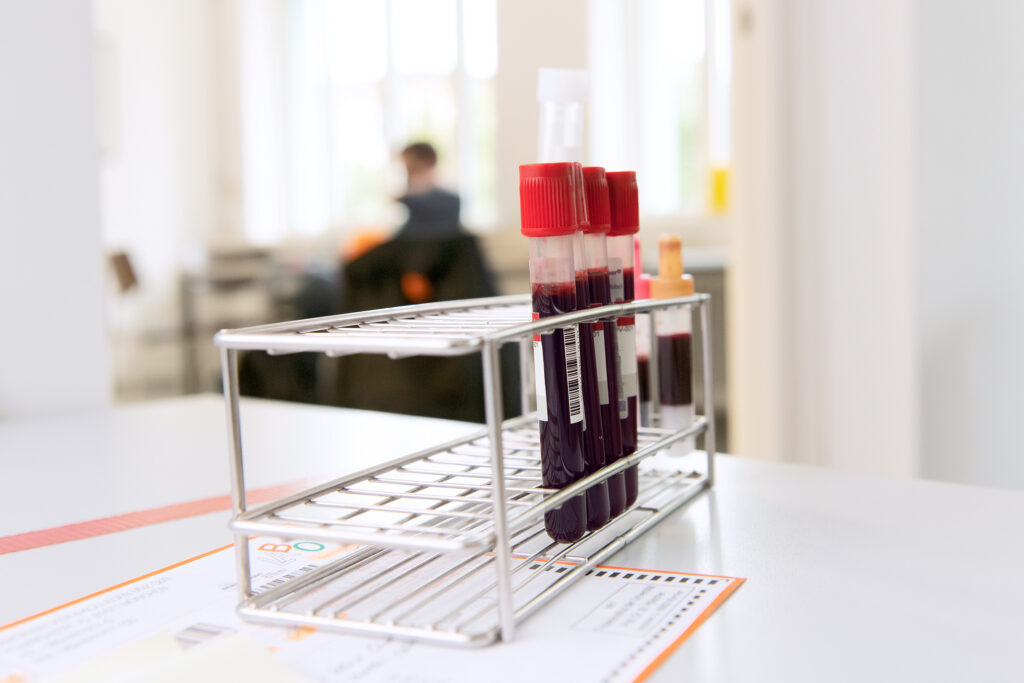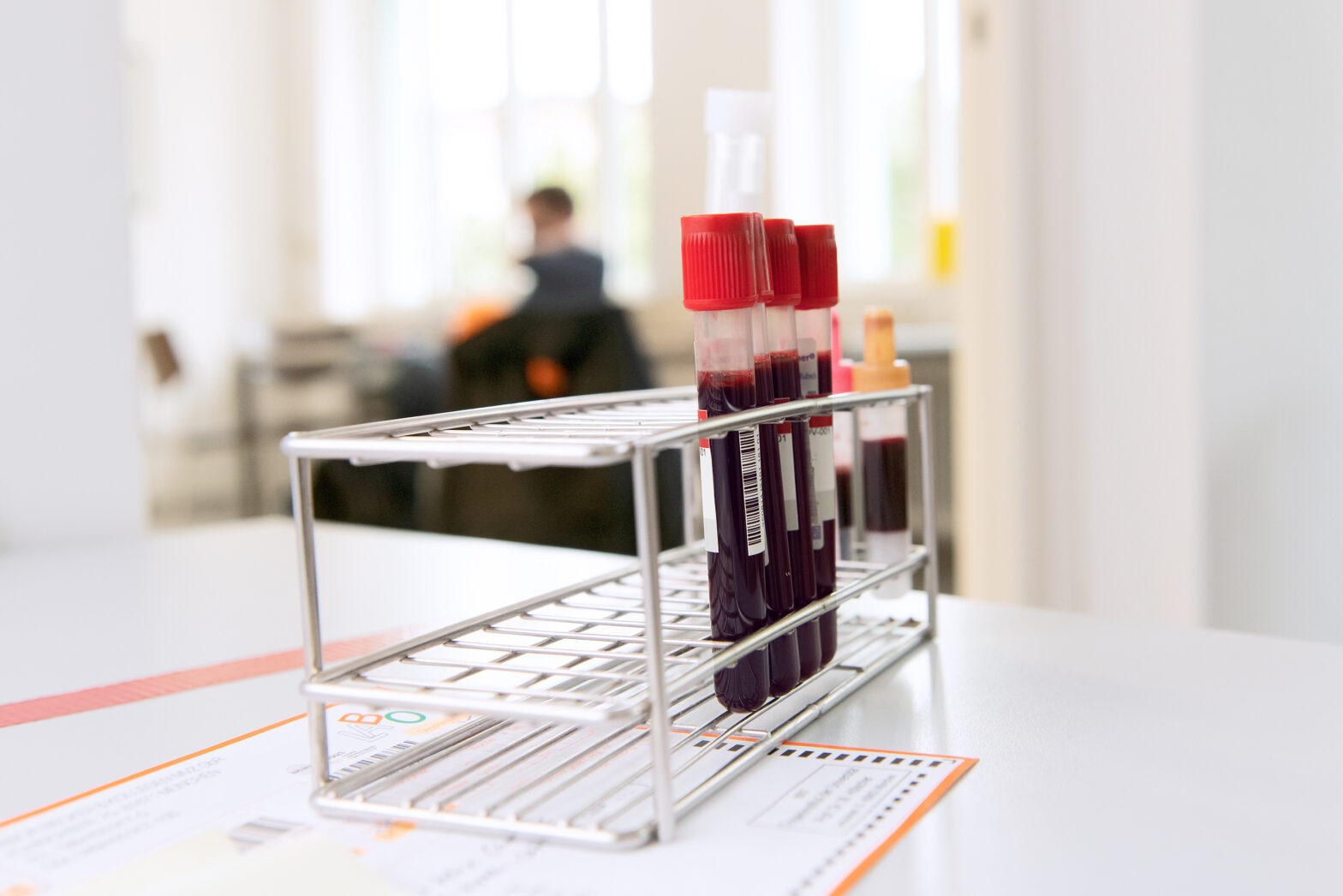Studying temporal titre evolution of commercial SARS-CoV-2 assays reveals significant shortcomings of using BAU standardization for comparison
 Copyright: LMU Hospital Munich
Copyright: LMU Hospital Munich
In a recent study, ORCHESTRA researchers within the KoCo19 Study of the LMU University Hospital Munich and partners, looked at how our immune systems respond to COVID-19 in different situations: after getting infected, after being vaccinated, or if someone got infected even after vaccination (called “breakthrough infections”). They measured a specific type of immune response called “anti-spike antibodies” for 18 months after infection using a standardized method. They found that people who had been sick with COVID-19 had varying levels of these antibodies, making it a difficult to measure their protection accurately, especially several months after the infection. However, those who were vaccinated without prior infection showed more consistent results.
“These findings are important because they help us understand how our bodies respond to COVID-19 and how to measure that response”, PD Dr. med Inge Kroidl, one of the Principal Investigators of the Koco19 Immu Study, says. “It’s challenging to set a clear standard for protection or booster shots based on these measurements due to the differences in tests and the time that has passed since infection.” This information is vital for public health decisions and will also guide scientists and developers in improving tests and recommendations. Find the original study here:
https://virologyj.biomedcentral.com/articles/10.1186/s12985-023-02167-z
###
